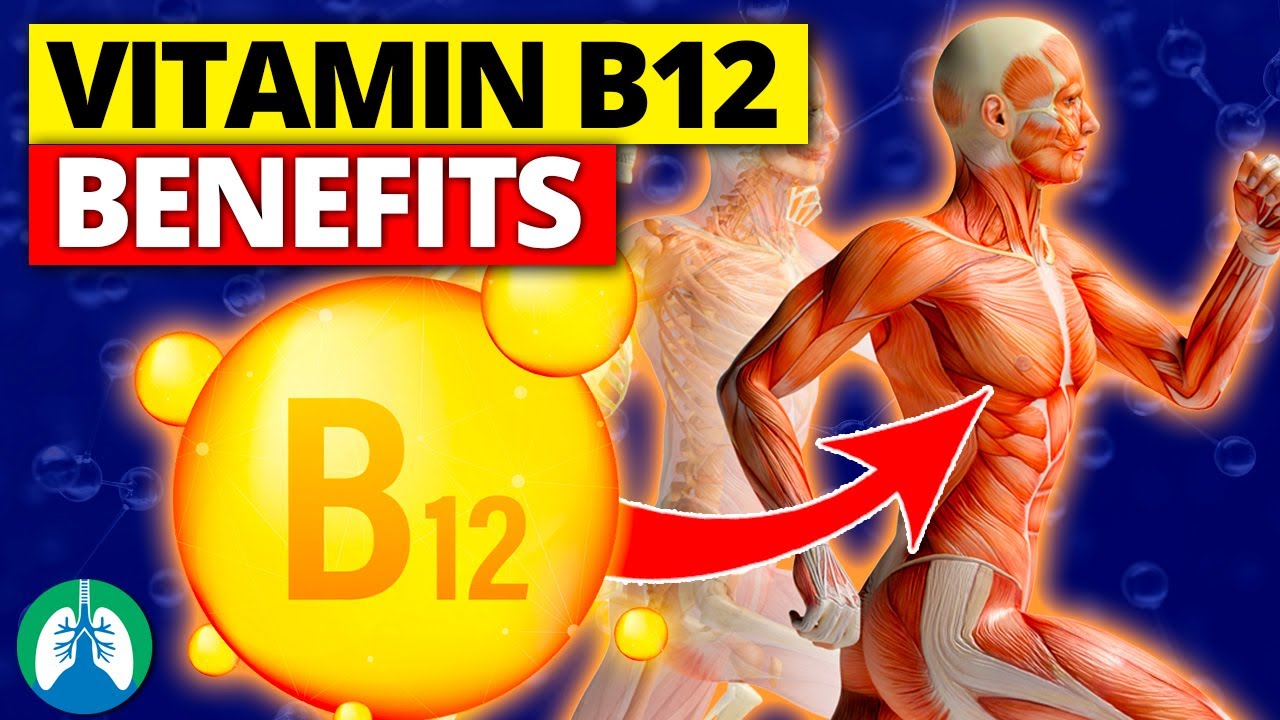Introduction
Vitamin B complex is a group of essential nutrients that play crucial roles in maintaining overall health and well-being. Comprising eight distinct B vitamins, this complex is vital for various bodily functions, including metabolism, energy production, nerve function, and cell growth. While each B vitamin has unique functions, they often work synergistically, emphasizing the importance of maintaining adequate levels of all eight vitamins. In this comprehensive guide, we will delve into the benefits of vitamin B complex, exploring its diverse roles in promoting optimal health.
Understanding Vitamin B Complex
What is Vitamin B Complex?
Vitamin B complex refers to a group of water-soluble vitamins that are essential for various physiological processes in the body. This complex includes eight B vitamins: thiamine (B1), riboflavin (B2), niacin (B3), pantothenic acid (B5), pyridoxine (B6), biotin (B7), folate (B9), and cobalamin (B12). Each vitamin has unique functions, but they often work together to support overall health.
Food Sources of Vitamin B Complex Vitamin B complex can be obtained from a variety of foods, including:
- Whole grains
- Lean meats (such as poultry and fish)
- Eggs
- Dairy products
- Leafy green vegetables
- Legumes
- Nuts and seeds
- Fortified cereals and breads
Importance of B Vitamins B vitamins are essential for numerous bodily functions, including
- Energy metabolism
- Nervous system function
- DNA synthesis and repair
- Red blood cell formation
- Hormone regulation
- Skin and hair health
- Brain function
Health Benefits of Vitamin B Complex
Enhanced Energy Levels One of the primary roles of B vitamins is to support energy metabolism. They help convert carbohydrates, fats, and proteins into energy, providing the body with the fuel it needs to function optimally. Adequate intake of B vitamins can help combat fatigue and promote overall vitality.
Nervous System Support Several B vitamins, including B1, B6, and B12, play crucial roles in maintaining a healthy nervous system. They support nerve function, neurotransmitter synthesis, and myelin formation, which is essential for proper nerve signaling. Adequate B vitamin intake may help reduce the risk of neurological disorders and support cognitive function.
Mood Regulation B vitamins, particularly B6, B9, and B12, are involved in the synthesis of neurotransmitters such as serotonin, dopamine, and GABA, which play key roles in mood regulation. Adequate levels of these vitamins may help alleviate symptoms of depression, anxiety, and stress.
Heart Health Certain B vitamins, such as niacin, folate, and B12, are important for cardiovascular health. They help regulate cholesterol levels, support healthy blood vessel function, and reduce the risk of heart disease and stroke. Adequate intake of B vitamins may help maintain a healthy heart and circulatory system.
Skin and Hair Health Biotin, a B vitamin also known as vitamin B7, is essential for maintaining healthy skin, hair, and nails. It plays a key role in the production of keratin, a protein that forms the structural basis of hair and nails. Adequate biotin intake may help prevent hair loss, dry skin, and brittle nails.
Red Blood Cell Formation Vitamin B12 and folate are essential for the production of red blood cells in the bone marrow. They help prevent megaloblastic anemia, a condition characterized by large, immature red blood cells. Adequate intake of these B vitamins is crucial for maintaining healthy blood cell formation and preventing anemia.
FAQs About Vitamin B Complex
Can I Take Too Much Vitamin B Complex?
While B vitamins are water-soluble and excess amounts are typically excreted in the urine, excessive intake of certain B vitamins, such as niacin and B6, can lead to adverse effects. It’s important to follow recommended daily allowances and consult with a healthcare professional before taking high-dose B vitamin supplements.
Who Might Benefit from Vitamin B Complex Supplements?
Individuals with certain dietary restrictions, such as vegetarians and vegans, may benefit from vitamin B complex supplements to ensure adequate intake of these nutrients. Additionally, people with certain medical conditions that affect nutrient absorption, such as celiac disease or inflammatory bowel disease, may require supplementation.
Are There Any Side Effects of Vitamin B Complex Supplements?
In general, B vitamin supplements are considered safe when taken as directed. However, some individuals may experience side effects such as digestive discomfort, headaches, or allergic reactions. High doses of certain B vitamins, particularly niacin and B6, can cause flushing, nausea, and nerve damage. It’s important to consult with a healthcare professional before starting any new supplement regimen.
Can Vitamin B Complex Help with Weight Loss?
While B vitamins play a role in energy metabolism, there is limited evidence to suggest that vitamin B complex supplements promote weight loss. However, maintaining adequate levels of B vitamins through a balanced diet may support overall health and metabolism, which can indirectly contribute to weight management.
Are Vitamin B Complex Supplements Safe During Pregnancy?
Prenatal vitamins often contain vitamin B complex to support maternal and fetal health during pregnancy. However, pregnant women should consult with their healthcare provider before taking any supplements, including vitamin B complex, to ensure they meet their specific nutritional needs and avoid potential risks.
Can Vitamin B Complex Improve Memory and Cognitive Function?
Certain B vitamins, such as B6, B9, and B12, are involved in neurotransmitter synthesis and brain function. While adequate intake of these vitamins is important for overall cognitive health, there is limited evidence to suggest that vitamin B complex supplements can improve memory or cognitive function in healthy individuals. However, maintaining optimal B vitamin levels may help support brain health and reduce the risk of age-related cognitive decline.
Can Vitamin B Complex Help with Skin Conditions like Acne?
While vitamin B complex, particularly vitamin B5 (pantothenic acid), is often touted for its potential benefits in improving skin health, there is limited scientific evidence to support its efficacy in treating acne. Some studies suggest that vitamin B5 may help reduce oil production in the skin and promote wound healing, which could potentially benefit individuals with acne. However, more research is needed to fully understand the role of vitamin B complex in managing skin conditions like acne. It’s essential to consult with a dermatologist for personalized recommendations and treatment options tailored to individual skin needs.
Conclusion
Vitamin B complex plays a crucial role in maintaining overall health and well-being, supporting energy metabolism, nervous system function, heart health, and more. While it’s important to obtain B vitamins through a balanced diet, supplementation may be necessary for certain individuals to ensure adequate intake. By understanding the benefits of vitamin B complex and incorporating it into a healthy lifestyle, individuals can support their vitality and longevity. Always consult with a healthcare professional before starting any new supplement regimen to determine the appropriate dosage and ensure safety.
- Nasolabial Fold Fillers – Marionette Lines Near Shepperton, Surrey - May 31, 2025
- What Is The Downtime For A Liquid Facelift? - May 31, 2025
- Vista Edge Vape Battery Vs Standard 510 Batteries: Performance Tested - May 31, 2025



